Keywords: Clergy Sexual Abuse
There are more than 24 results, only the first 24 are displayed here.
Become a subscriber for more search results.
-

RELIGION
- Geraldine Doogue, Greg Craven, John Warhurst, Julian Butler
- 17 June 2022
3 Comments
After four years, the Fifth Plenary Council of Australia is nearly at a close with the second and final assembly in July. So what has been the significance of the Plenary Council so far, and what can we expect from the final session? In this Roundtable, Geraldine Doogue, John Warhurst, Greg Craven and Julian Butler reveal their hopes and expectations for the process and discuss likely outcomes.
READ MORE 
-

RELIGION
- Andrew Hamilton
- 24 March 2022
10 Comments
Any program of church reform will have soon to ask Chernyshevsky’s question, What is to be done? It is a dangerous question — he wrote his novel from jail and spent much of his life in exile or imprisonment. Discussion of Church matters is mercifully less perilous today, but the question does invite a radical repiecing of the connections and tradition and energies that constitute Catholic life.
READ MORE 
-
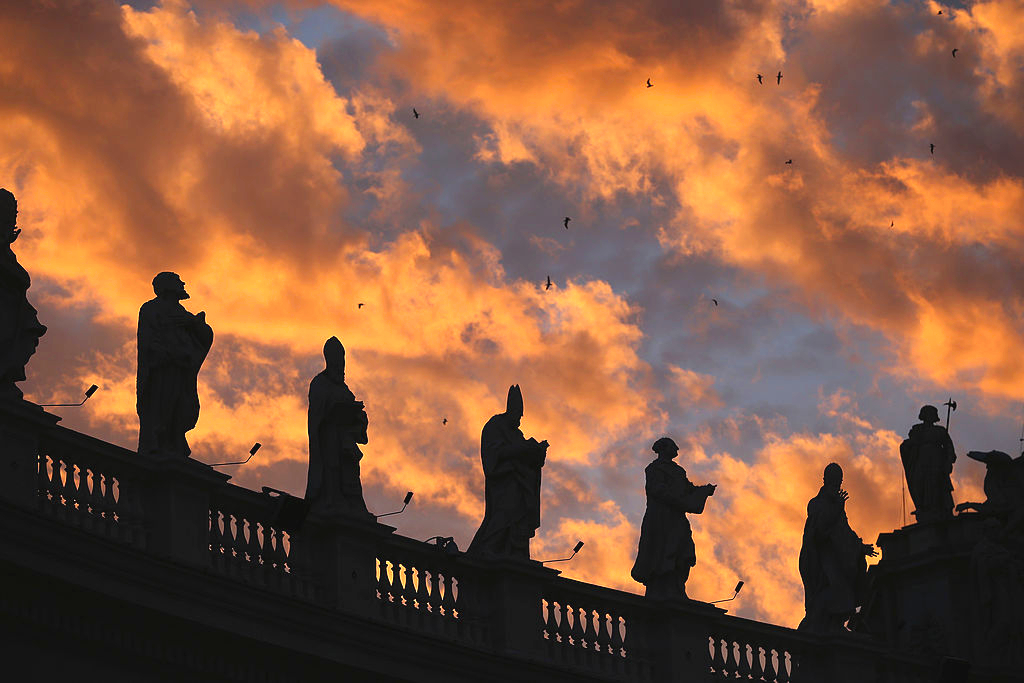
RELIGION
- Miles Pattenden
- 27 January 2022
31 Comments
Many Catholics will have found the news from Germany this past week painful. A law firm, Westpfahl Spilker Wastl, has presented findings in its investigation into historic sexual abuse in the Munich archdiocese. Running to 1,000 pages, the report is shocking: it lists at least 497 victims for the period 1945–2019 and identifies 235 probable offenders including 173 priests and nine deacons.
READ MORE 
-
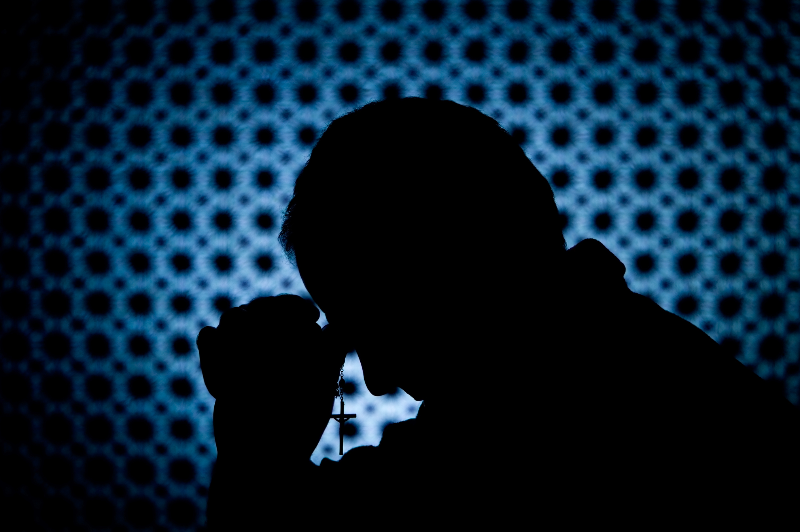
RELIGION
- Bill Uren
- 05 October 2021
15 Comments
As a result of the pandemic, like other religious observances, the availability of the Sacrament of Penance has been drastically curtailed, and it is unlikely that recourse to the sacrament will be as frequent as previously even when the restrictions are lifted. Further, the confidence of the laity in the inviolability of the seal has, understandably, been undermined, a consequence of which may again be that recourse to the sacrament will be in decline.
READ MORE 
-
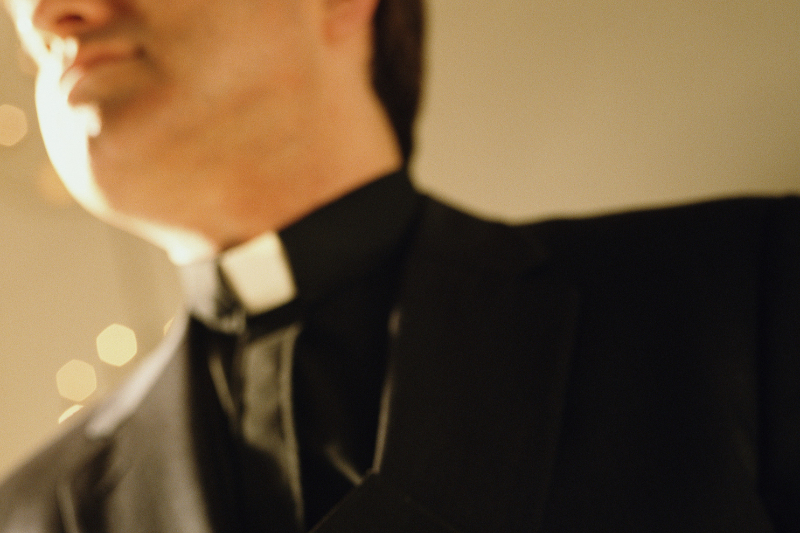
RELIGION
- Gideon Goosen
- 23 September 2021
60 Comments
The Final Report of the Royal Commission into Institutional Responses to Child Sexual Abuse identified clericalism as a significant contributor to abuse across religious institutions Australia-wide. Clericalism is rooted in a theological belief that the clergy are different to the laity, having undergone an ‘ontological change’ at ordination, and feeds the notion that the clergy may not be challenged. And according to the report, the culture of clericalism is on the rise in seminaries in Australia.
READ MORE 
-

RELIGION
One might submit that a Plenary Council is a cumbersome instrument to ascertain the genuinely representative views of the Catholic Church in Australia. Many of the canonical strictures regarding the membership, agenda and process of the Council will dampen the original enthusiasm for the Council that provoked over 17,500 submissions.
READ MORE 
-

RELIGION
- Andrew Hamilton
- 12 August 2021
67 Comments
Among Australian Catholics the Plenary Council and the preparations for the Synod in Rome on Synodality have aroused hope and stirred scepticism. It is clear that a Church diminishing in numbers of participants in its public life and in its financial resources, and discouraged by the extent of child abuse by its officers, must find new ways. But that the processes of the Council and the Synod will spark fresh energy for change is not a given.
READ MORE 
-
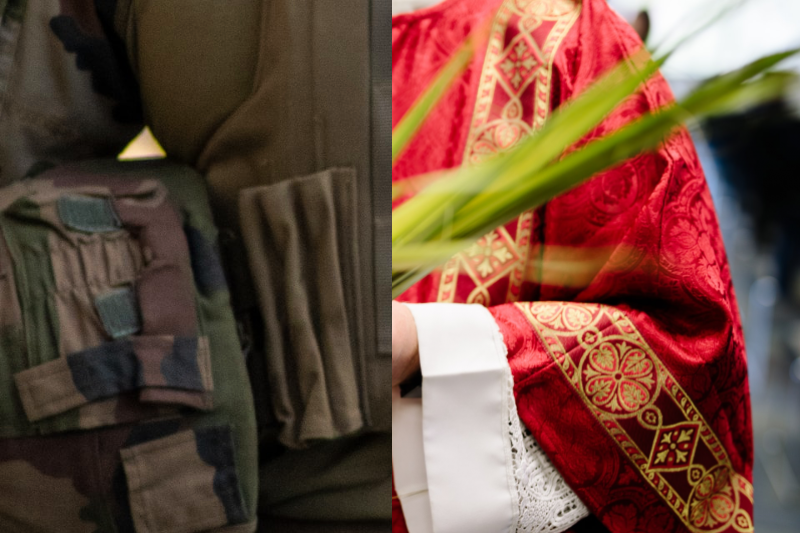
AUSTRALIA
- John Warhurst
- 01 December 2020
31 Comments
The Australian community and its government are struggling to come to terms with the extremely serious allegations against members of the SAS for their alleged criminal misconduct during the war in Afghanistan. At the same time, we Catholics are experiencing a bad case of déjà as there are many echoes of how we felt when the Royal Commission into Institutional Responses to Child Sexual Abuse (RC) began in 2013.
READ MORE 
-
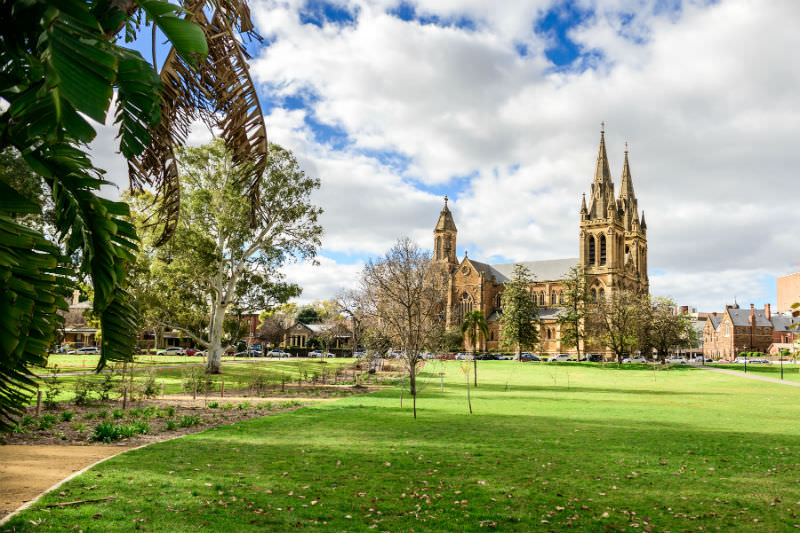
RELIGION
- John Warhurst
- 18 June 2020
27 Comments
Discussion of church life in Australia is incomplete without consideration of who speaks for the church at the national level. The answer to the question 'Who presides over the Catholic church in Australia?’ is more complicated than you might think.
READ MORE 
-

AUSTRALIA
- Felicity Rorke
- 14 February 2020
4 Comments
The Royal Commission into Family Violence conducted by the Victorian Government in 2015, told many of us what we fundamentally already knew — that family violence is a widespread issue for many women across this state, and that our services, systems, institutions and communities are not doing enough to effectively support victim survivors.
READ MORE 
-

RELIGION
- John Warhurst
- 14 October 2019
8 Comments
The royal commission concluded that child safety, in all its organisational ramifications, raised questions of culture and governance for the church. If the Plenary Council 2020 doesn't take such issues seriously then it will be one indicator that the momentum around last year's official national apology has slowed.
READ MORE 
-

RELIGION
- Andrew Hamilton
- 09 October 2019
11 Comments
For Catholics who are interested in the Australian Church, its future and the Plenary Council, this is essential reading. Given its focus on governance, it may also be of interest to a wider audience. Many of the strains of dysfunction it finds in Church governance are similar to those in public life in Australia and internationally.
READ MORE 